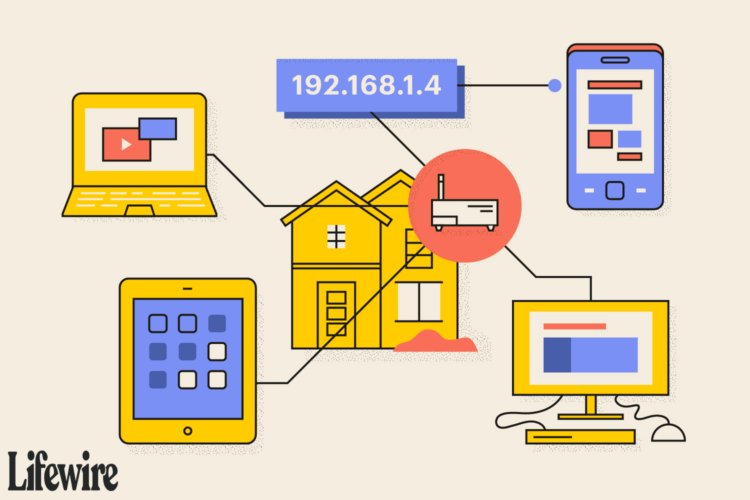Unveiling the Enigma of 192.168.0.104: A Deep Dive into a Unique IP Address

In the vast landscape of the internet, every device connected to a network is assigned a unique identifier known as an IP address. Among the multitude of IP addresses, one that often catches the eye is 192.168.0.104. In this article, we will embark on a journey to unravel the mysteries surrounding this particular IP address, exploring its significance, applications, and the role it plays in the realm of networking.
Understanding IP Addresses
Before delving into the specifics of 192.168.0.104, it’s crucial to have a fundamental understanding of IP addresses. An IP address serves as a numeric label assigned to each device participating in a computer network that uses the Internet Protocol for communication. These addresses play a vital role in facilitating the identification and location of devices on a network.
IP addresses are categorized into two types: IPv4 (Internet Protocol version 4) and IPv6 (Internet Protocol version 6). 192.168.0.104 belongs to the IPv4 address space, which is the most widely used version of IP addresses.
192.168.0.104: Decoding the Digits
Breaking down the components of 192.168.0.104, we find that it is part of a reserved IP address range specifically designated for private networks. The 192.168.0.0 to 192.168.255.255 range is commonly used for creating local area networks (LANs) within homes, offices, or other confined settings. These addresses are not routable on the public internet, making them suitable for internal network configurations.
The number 104 in 192.168.0.104 is the host portion of the IP address. In a subnet, the host portion identifies a specific device within that subnet. Therefore, in the context of 192.168.0.104, the number 104 is associated with a particular device in a local network.
Applications of 192.168.0.104
- Home Networks: Many residential Wi-Fi routers assign IP addresses from the 192.168.0.0/24 subnet to devices connected to the local network. 192.168.0.104 could be dynamically assigned to a computer, smartphone, or any other device within the home network.
- Business Environments: In office settings, businesses often utilize private IP address ranges for their internal networks. 192.168.0.104 might be allocated to a printer, server, or workstation in such an environment.
- Internet of Things (IoT) Devices: With the proliferation of IoT devices, 192.168.0.104 could be linked to a smart home device, such as a security camera, thermostat, or smart appliance.
- Network Troubleshooting: Network administrators frequently use IP addresses like 192.168.0.104 for troubleshooting and configuring network equipment. It provides a convenient way to access and manage devices within a local network.
Security Considerations
While private IP addresses like 192.168.0.104 are not directly accessible from the internet, it is essential to implement proper security measures within local networks. This includes using strong passwords, enabling firewalls, and keeping software and firmware up to date to mitigate potential security risks.
Conclusion
In conclusion, 192.168.0.104 is not just a sequence of digits but a gateway to understanding the intricacies of networking. As a private IP address, it plays a pivotal role in creating local networks, fostering connectivity among devices, and facilitating the seamless exchange of information. Whether in homes, businesses, or IoT ecosystems, 192.168.0.104 stands as a testament to the versatility and significance of IP addresses in the digital age. As technology continues to evolve, so too will the importance of these numerical labels that bind our interconnected world.






